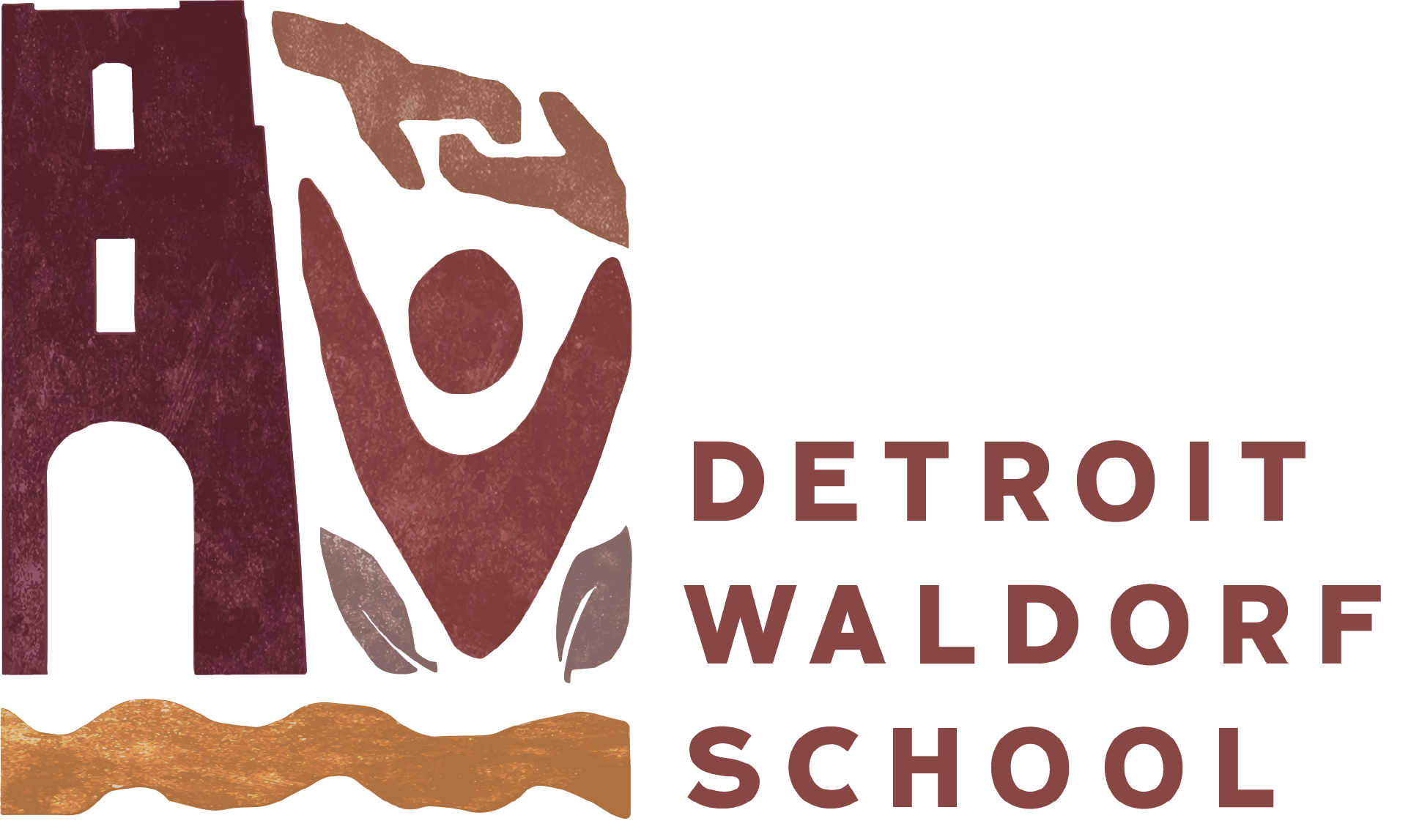An In-Depth Journey to Complete 8th Grade
By Sarah Addae
This month, the eighth-graders of Detroit Waldorf School present their 8th grade projects, a chance for students to take their education into their own hands in a different kind of way.
This is the ninth year that Detroit Waldorf School students have embarked on and presented 8th grade projects, an idea I picked up at a summer teachers conference and brought to the school for us all to adopt.
Students eagerly anticipate this hands-on educational journey. Many start thinking about what they would like to focus on in 7th grade, gathering ideas and enthusiasm for subjects they’d like to immerse in. Most students exhibit enthusiasm for this long-awaited effort, while a few show dread for the work that lies ahead.
Every class brings a different character and approach. There haven’t been a lot of repeats in subject matter, which is pretty interesting.
The 8th grade projects create a nice bridge between the school and the community because we meet a lot of people who mentor our students through the process, and in turn they meet us and get to know the Waldorf approach to education.
Importantly, these projects create bridges for students between the protective community they’ve known to the world at-large, which they are preparing to step into when they graduate eighth grade.
Through these projects, eighth-graders are moving into something very often non-scholastic, finding time for it outside of their regular school day. It gives us a chance at the end of their 8th grade year to really see each student, their interests and their expression of their interests. That’s pretty lovely.
Components of Our 8th Grade Projects
The eighth grade projects mark the passage from where students have been, from elementary school into middle school and about to move on to high school. At this crucial age when they are beginning to define themselves and who they want to be, they are asked to define an interest of theirs and try to find a mentor in the community that they can work with.
There are so many parts to this process. One is for students to think about and discover what interests them. Another is rather scary for them, actually reaching out to people in the community and talking about what they want to do. That’s a first big passageway for students.
They are asked to meet with their mentors regularly, learn a new skill and establish a goal. They must identify and express what they want to accomplish by the end of the six-month project.
They are asked to keep a journal and present to the class about their progress, so they have to organize themselves. They must communicate well. They must also communicate with an adult who is not a parent or a teacher, their mentor, asking them to step into that mature, independent role in a way they might not have before.
This year, my students have chosen a variety of subject focuses for their eighth-grade projects, all of them fascinating and exciting. They include the following:
Bianca Bojaj – Soap-making
Henry Boyer - Kung Fu
Maliyah Drain - Fashion and Styling
Jessica Fligger - Ceramics
Penelope Griffioen - Songwriting
Natalie Hand - Building Engines
Gwen Haslett - Apprenticing at a Bakery
Calvin Hillman - Environmental Science, studying local wetlands, fisheries and water systems
Christian Johnson – Spray-Painting and Mural Art
Yasmin King-Williams - Filmmaking
Isabella Maxwell - Apprenticing at a Bakery
Rhys McGuigan - Learning to Code
Janik Olszewski - Building a Cider Press
Daniel Weertz - Starting his own Clothing Line
Wilder Wetzel-Righettini - Working with Coding
Leah White - Building Instruments
Yasir Yuhas - Writing a Book
Once students complete their project, they must write a research paper about the history of the subject they studied or immersed in.
The paper is due a week and a half before the school-wide presentations, which take place the day before graduation. The presentations are open to the entire school community.
Students present for a short time, perhaps five minutes, where they talk about their successes and their challenges, and give the audience a taste of their project.
After all the presentations finish, students stand beside displays they’ve created, and folks can wander between displays, engaging with each student on a deeper level about the topic they chose.
Traditionally, they’ve been judged. We wanted students to know there would be adults present who would evaluate their performance or project, adults they don’t already know, neutral evaluators. After the project presentations, these judges talk to each student, so they get feedback from adults who don’t already know their work.
This is another essential part of preparing to leave the protective cocoon of Detroit Waldorf School and venture into the world.
Eighth grade projects provide a sense of apprenticeship, mentoring, and connection with the greater community. Very often, it’s practical work combined with a sense of learning how to do something well beyond a school setting.
Very often, students are in actual work situations. This year, two of my students are apprenticing in a bakery, working alongside people who actually work there, making huge batches of baked goods with their own hands. They are treated as super capable people.
It builds confidence. It builds students’ ability to communicate. And it builds their organizational skills.
This process is one that gives so much to all who are involved in it. At its purest level, eighth grade projects are about experiential education, showing in a very real way that education happens in many different places, perhaps one of the best lessons of a true Waldorf education.
Sarah Addae is 8th grade teacher at Detroit Waldorf School.
